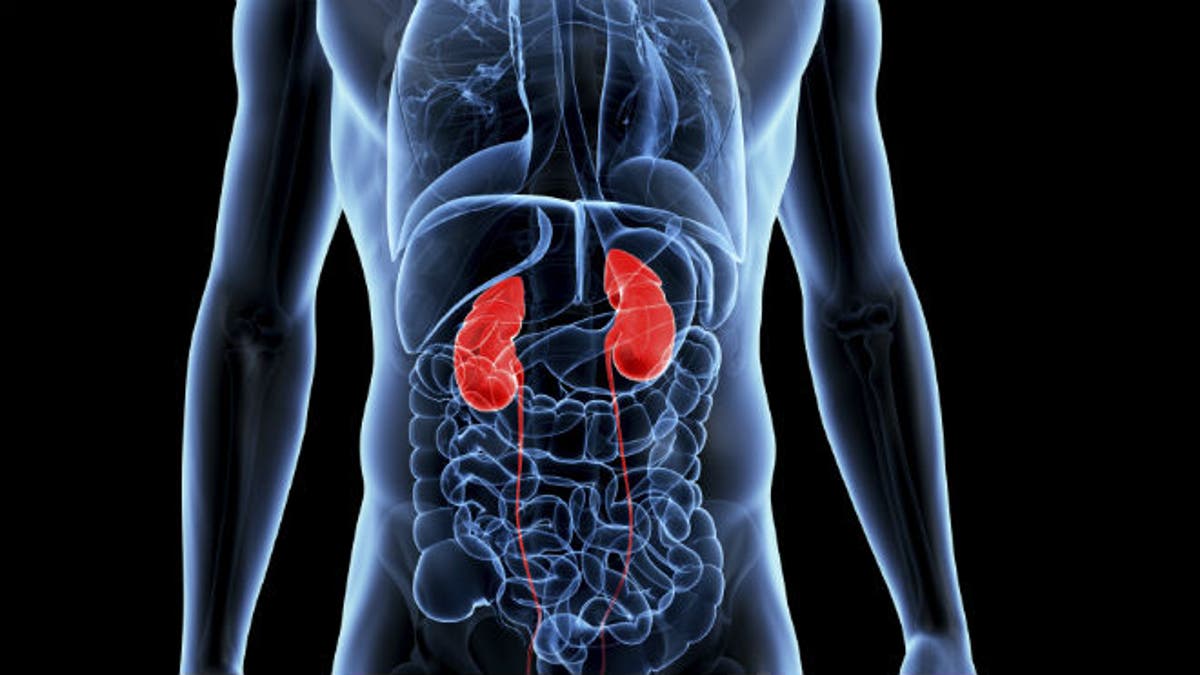
Kidney stones, long associated with white, middle-aged men, have become increasingly common among adolescents, females and African Americans.
A new study from Children’s Hospital of Philadelphia and the University of Pennsylvania did not find the cause for the increases, UPI reported, but researchers’ previous findings linked high daily temperatures to an increase in patients seeking treatment for kidney stones.
The study was based on data of 4.6 million people in South Carolina, gathered between 1997 and 2012. There were 152,925 incidents of kidney stones, with the overall number of annual kidney stones increasing by 16 percent. Adolescent incidence went up 4.7 percent per year, women had a 3 percent increase and kidney stones among African Americans rose 2.9 percent per year.
"The fact that stones were once rare and are now increasingly common could contribute to the inappropriate use of diagnostic tests such as CT scans for children with kidney stones, since healthcare providers historically have not been accustomed to evaluating and treating children with kidney stones," said Dr. Gregory Tasian, a pediatric urologist and epidemiologist at Children's Hospital of Philadelphia, in a press release.
Tasian added that the increased frequency among adolescents is concerning because kidney stones are associated with a higher risk of chronic kidney disease, cardiovascular and bone disease, particularly among young women.
Kidney stones can be caused by dehydration caused in part by higher temperatures and a poor diet high in sodium or low in calcium. Researchers noted that they did not focus on diet differences.
When discussing his previous study, Tasian said that, as daily temperatures increase, researchers expect to see a continued increase of kidney stone prevalence.
